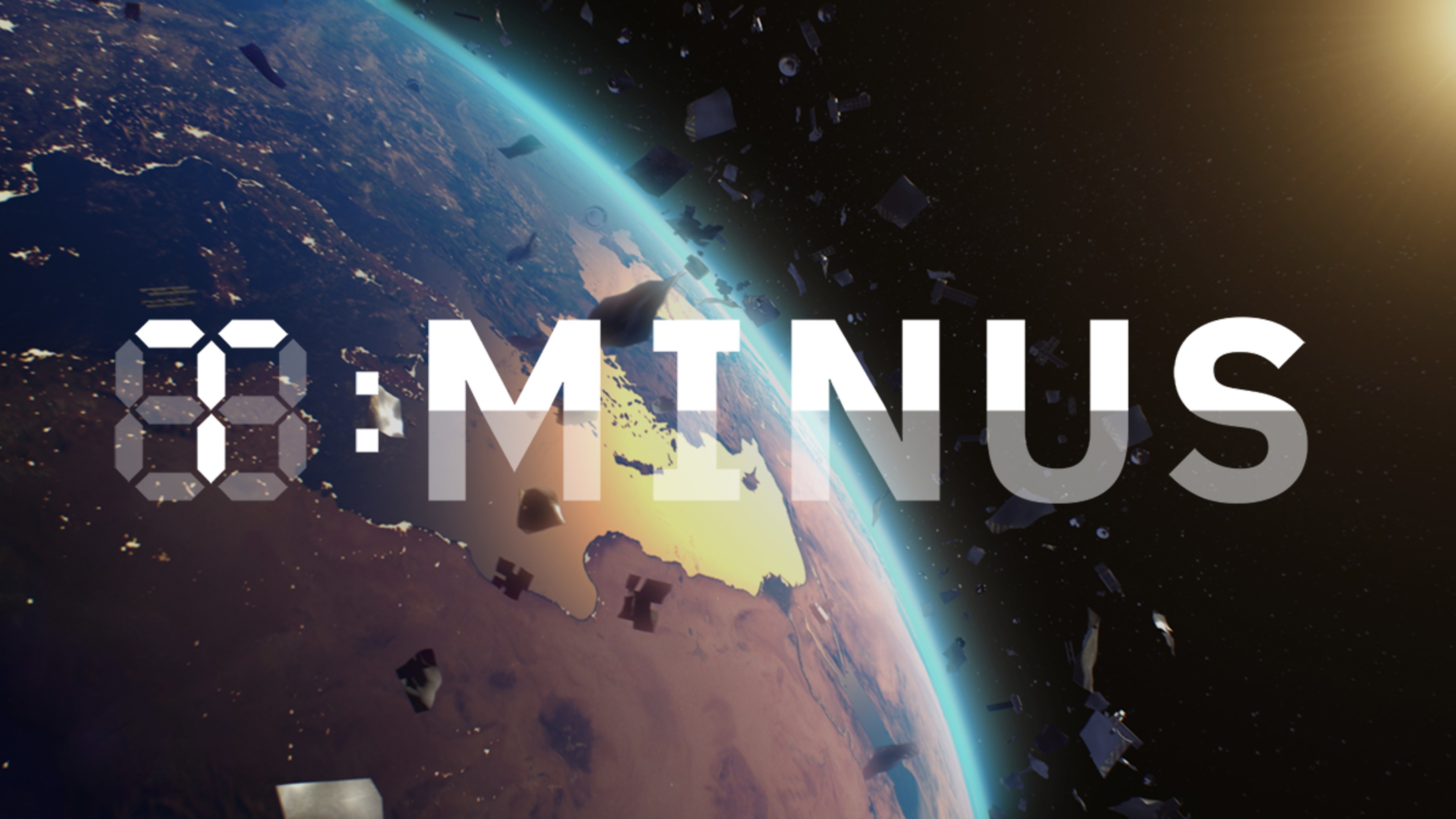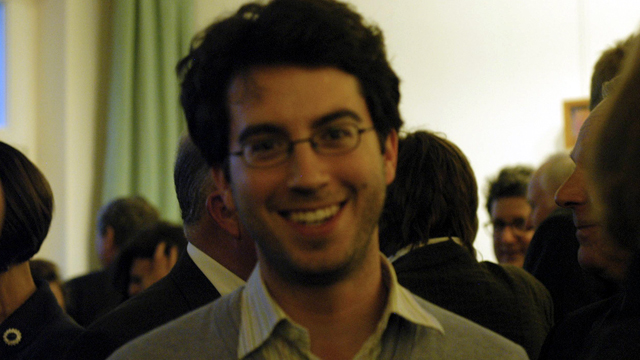When It’s Safe, Out Come the Chicken Crusaders

One of my enduring memories of New York City right after 9/11 was the absence or religious or racial violence. As we stared up at the planeless sky or across the subway cars at nothing, it didn’t occur to anyone to avenge the attack by smacking a Muslim or shuttering a mosque. Yet now, after nearly a decade without an al-Qaeda success in this country, a proposed Islamic center has drawn angry demonstrators and political grandstanders. Then, this week, a Muslim cab driver was stabbed on Tuesday and some drunk pissed on the prayer rugs of a Queens mosque on Thursday. Alcohol appears to have played a role in revving up the patriots involved in these two crimes. But alcohol was flowing (freely!) right after 9/11, so the question remains: Why do people in New York feel free to hate on Muslims this summer? Why now, and not then?
My guess is that the absence of a real threat is important to the answer. When we were attacked, the enemy was clearly somewhere else, and clearly very dangerous. No one I knew wanted more people to fight; we had enough to worry about already. Then, too, it was pretty hard, that week, to imagine that the person walking toward you was boiling with inner glee. Differences in dress and language were trumped by the shared experience of being scared, shocked, and bereaved. We were all in the same boat, and worried together that it might sink.
In the absence of a real danger, though, people are more inclined to pick their enemies. They can afford to. For people who are safe, expressing a group identity has ceased to be the obligatory sharing of danger and becomes more like buying a pair of pants. Your anger at people you don’t know, on behalf of others you don’t know—it’s a statement about your self, an image you try on. New Yorkers these days worry much less about who is watching our backs. So perhaps that’s why we can indulge ourselves by resenting a keffiyeh or a Bengali accent. Where, after all, are the countries that have banned the burqa? In prosperous and comfortable western Europe, not in countries where Islamic extremists pose an existential threat.
Conventional wisdom is that a terrorist success on American soil would lead to more anti-Islamic incidents like this week’s. I don’t think so. I think the sight of a real trouble makes people want all the friends they can get.





